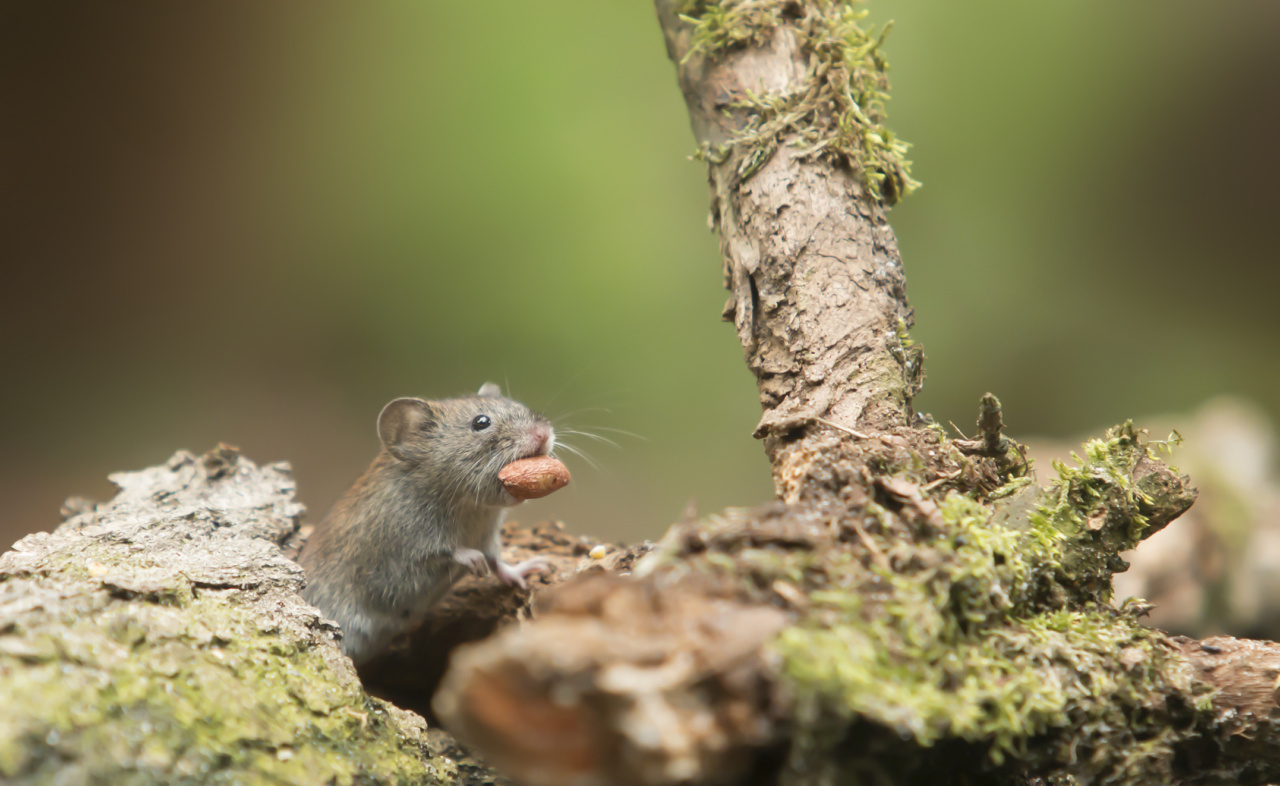If you have a tree nut allergy, it is essential to be mindful of what you eat and take steps to avoid any tree nuts. Tree nuts include walnuts, almonds, pistachios, cashews, hazelnuts, pecans, brazil nuts, and macadamia nuts.
While it can seem overwhelming, with some preparation and knowledge, it is relatively easy to avoid tree nuts and have a safe, enjoyable diet. Below we have shared some tips to help you avoid tree nuts and stay healthy.
Understand Common Sources of Tree Nuts:
The first and most crucial step in avoiding tree nuts is to understand where they commonly appear. Many food products contain tree nut ingredients. Frequently, tree nuts are used in trail mixes, cereals, baked goods, and Asian dishes.
Some candy bars or chocolates may also have tree nut ingredients in them. It’s essential to read food labels carefully before buying any product to ensure that tree nuts are not present.
Talk To Your Doctor:
If you have a tree nut allergy, talk to your doctor about your options for avoiding tree nuts. They may recommend additional tests to help identify specific tree nuts you’re allergic to or provide guidance on how to manage your symptoms.
Your doctor can also prescribe an epinephrine auto-injector, such as an EpiPen, which can save your life in case of anaphylaxis. They may also recommend working with a registered dietitian who can provide personalized nutrition care.
Avoid Cross-Contamination:
Another important aspect of avoiding tree nuts is to prevent cross-contamination. Cross-contamination happens when tree nuts come into contact with surfaces, utensils, or other food that you’re eating.
It’s essential to carefully wash all utensils, surfaces, and hands before preparing your food. If possible, use separate equipment or tools to prepare your food. When eating out, check with the restaurant staff to ensure that they can accommodate your allergies and prevent cross-contamination.
Choose Safe Foods:
When shopping for food, look for products labeled as “nut-free,” which means they are made without tree nuts or may contain only nuts that are safe for you to eat.
Choose products that have been certified by a reputable organization, such as the Food Allergy Research & Education (FARE), which reviews food products for allergen safety. Additionally, focus on fresh fruits, vegetables, and lean proteins, which are generally safe and nutritious for those with tree nut allergies.
Carry Safe Snacks:
Having safe snacks on hand is essential for avoiding tree nuts. When you’re out and about, it’s easy to stray from your diet or accidentally consume a tree nut. Having snacks with you can help prevent this from happening.
When packing snacks, look for items that are prepackaged and labeled as “nut-free,” such as crackers, fruit cups, granola bars, or beef jerky. Carry your snacks with you to school, work, or other places you frequent.
Communicate Your Allergy:
Finally, communicate your allergy to those around you, such as friends, family, and co-workers. Ensure that they understand the severity of your allergy and the importance of avoiding tree nuts.
Consider carrying a medical ID bracelet or wearing a necklace that includes your allergy information in case of an emergency.
In Conclusion:
Avoiding tree nuts with an allergy can seem like a daunting task, but it’s possible with some preparation and knowledge.
Remember to always read food labels carefully, talk to your doctor or registered dietitian, prevent cross-contamination, choose safe foods, carry safe snacks, and communicate your allergy. By following these tips, you can protect yourself, prevent allergic reactions, and enjoy a healthy, satisfying diet.




























